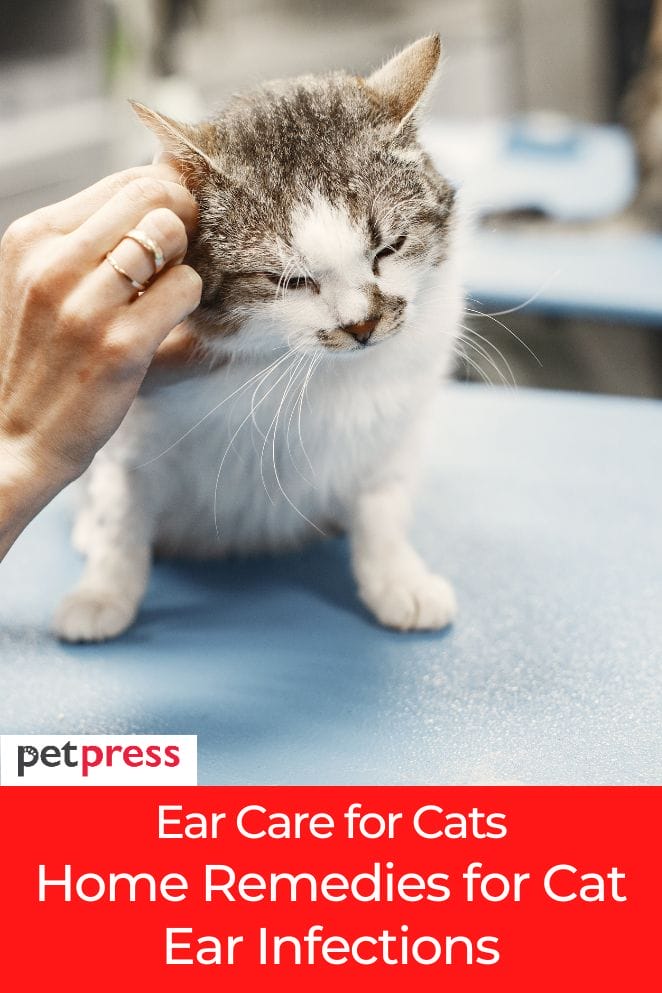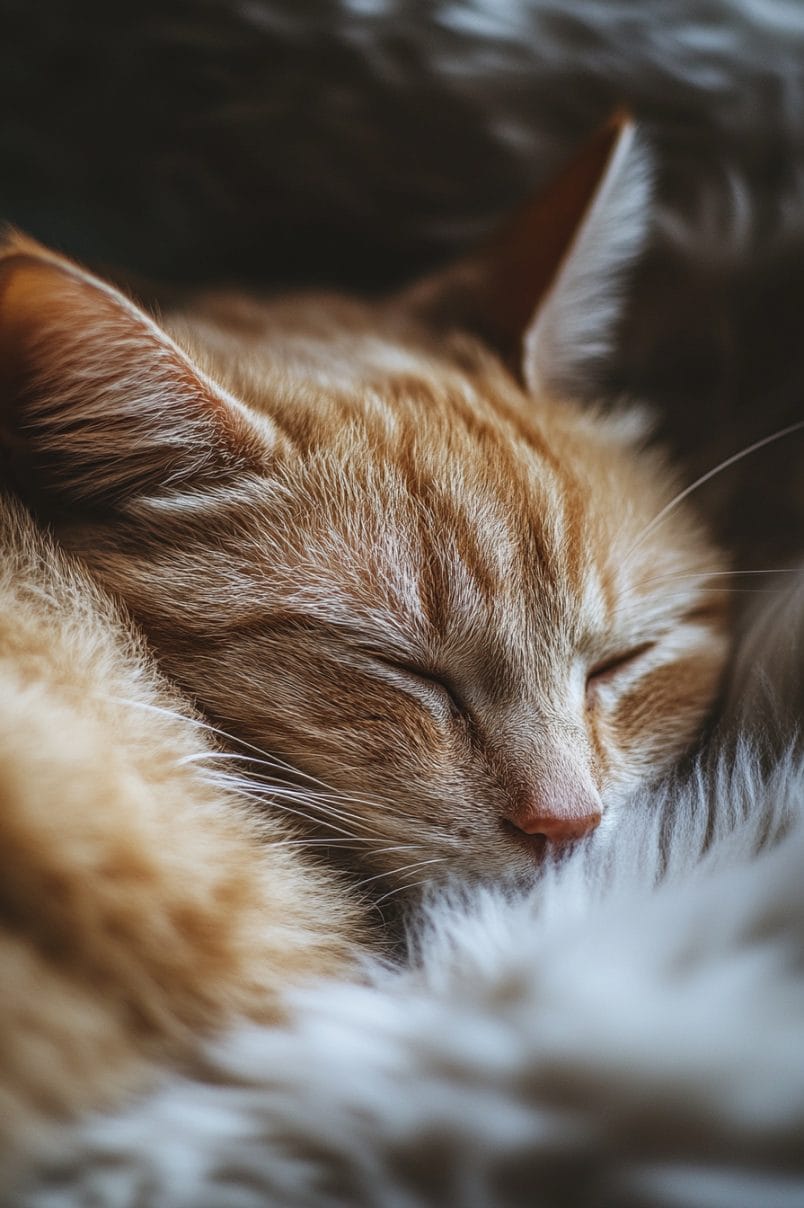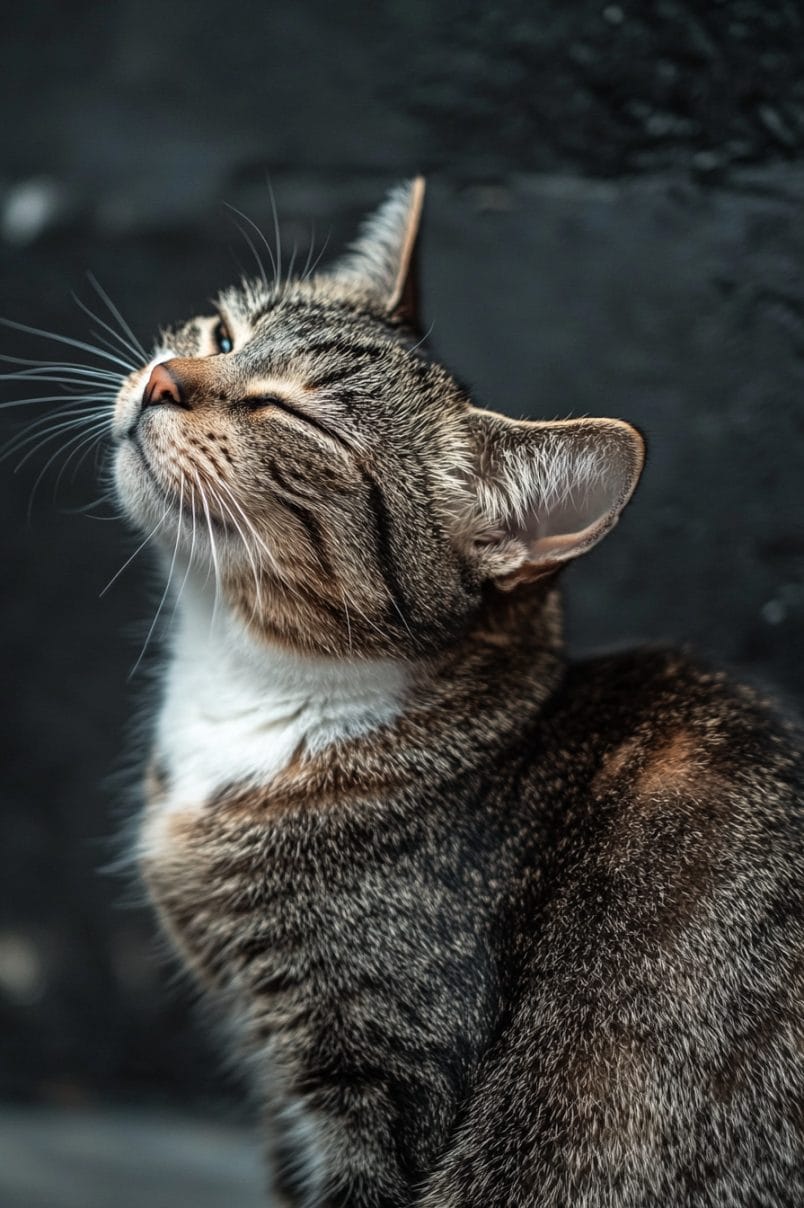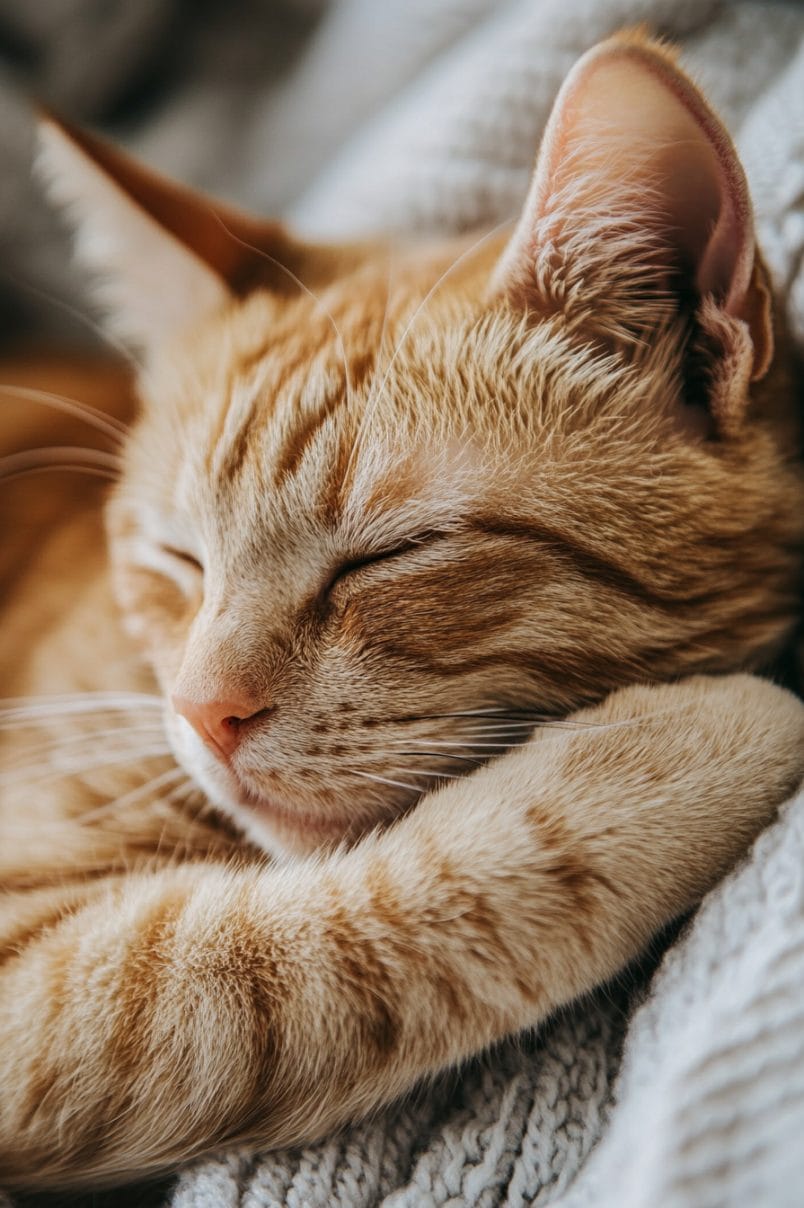
Ear infections in cats can be a common and frustrating issue for pet owners.
These infections can cause discomfort and lead to more serious health problems if left untreated.
While a visit to the vet is always recommended for severe cases, there are several home remedies that can help alleviate symptoms and treat minor infections.
In this guide, we’ll explore effective home remedies for cat ear infections, their symptoms, causes, and tips for safe treatment.
Common Symptoms of Cat Ear Infections
Identifying an ear infection in your cat early can make a big difference in their comfort and health.
Here are some key signs to watch for:
- Head shaking: If you notice your cat shaking its head often, it might be trying to ease discomfort or irritation in its ears.
- Scratching ears: Frequent scratching or pawing at the ears is a common sign that something is bothering them.
- Discharge: Check for any unusual discharge coming from the ears. It might be black, yellow, or greenish in color, which can signal an infection.
- Odor: A strong, unpleasant smell from your cat’s ears can be another sign of infection.
- Redness and swelling: Infected ears often appear red and swollen. This is a clear indicator that something is wrong.
- Balance issues: In more severe cases, an ear infection might affect your cat’s balance, causing them to seem disoriented or unsteady on their feet.

Potential Causes of Cat Ear Infections
Understanding what can cause ear infections in cats can help you take steps to prevent them.
Here are some common causes:
- Bacteria and yeast: These tiny organisms are often responsible for ear infections. They can multiply in the warm, dark environment of a cat’s ear, leading to infection.
- Ear mites: These are very small parasites that live in the ear canal and cause irritation. They can make your cat scratch their ears and may lead to infection.
- Allergies: Just like people, cats can have allergies to certain foods or environmental factors. These allergies can sometimes lead to ear infections as a secondary issue.
- Foreign bodies: Things like bits of grass, dirt, or other small objects can get stuck in a cat’s ear and cause infections if not removed.
- Excessive wax: When too much ear wax builds up, it can create a perfect environment for bacteria and yeast to grow, leading to infections.
- Moisture: If the inside of a cat’s ear stays damp, it can foster the growth of bacteria. This often happens after baths or swimming.
Home Remedies
Before trying any home remedies, ensure that your cat’s ear infection is not severe.
For severe infections or if you’re unsure, always consult a veterinarian.
Hydrogen peroxide and vinegar
Hydrogen peroxide mixed with vinegar can be an effective solution for cleaning your cat’s ears.
How to use
- Mix the Solution: Combine equal parts of hydrogen peroxide and vinegar.
- Apply to cotton ball: Soak a cotton ball in this mixture.
- Clean the ear: Gently wipe the inside of your cat’s ear with the cotton ball. Be careful not to insert the cotton ball too deeply into the ear canal.
Note: Use this remedy with caution. Hydrogen peroxide can irritate the ear if used too often or in too high a concentration.
Green tea
Green tea has natural antibacterial properties and can help soothe your cat’s irritated ears.
How to use
- Prepare the tea: Brew a cup of green tea and let it cool completely.
- Apply to ear: Use a dropper to place a few drops of the cooled tea into your cat’s ear.
- Massage: Gently massage the base of the ear to help the tea reach the infection site.
Grapefruit seed extract
Grapefruit seed extract is known for its antimicrobial properties.
How to use:
- Dilute the extract: Mix 5-10 drops of grapefruit seed extract with 1 ounce of water.
- Apply to ear: Use a dropper to put a few drops of the diluted solution into the affected ear.
- Repeat: Do this 2-3 times a day until the infection improves.

Oil of oregano
Oil of oregano has strong antibacterial and antifungal properties, which can help fight infections in the ear.
How to use
- Dilute the oil: Mix one drop of oil of oregano with 1 teaspoon of olive oil. This dilution is important to prevent irritation.
- Apply to ear: Use a dropper to place a few drops of the diluted oil into your cat’s ear.
- Frequency: Repeat this process twice a day for the best results.
Apple cider vinegar
Apple cider vinegar can help restore the pH balance in your cat’s ears, making it difficult for bacteria and yeast to thrive.
How to use
- Prepare the solution: Mix equal parts of apple cider vinegar and water.
- Clean the ear: Soak a cotton ball in this solution and gently clean your cat’s ears.
- Alternative method: Alternatively, use a dropper to place a few drops of the vinegar mixture into the ear and then massage the base gently.
Coconut oil
Coconut oil has soothing and antimicrobial properties that can help treat ear infections.
How to use
- Warm the Oil: Heat a small amount of coconut oil until it turns into a liquid. Be sure it’s warm, not hot.
- Apply to Ear: Use a dropper to put a few drops of the warm coconut oil into your cat’s ear.
- Massage: Gently massage the base of the ear to help the oil reach the infected area.

Tips and Precautions
Taking care of your cat’s ears is crucial for their overall health, and there are some important tips and precautions to keep in mind:
Regular cleaning
To prevent problems, it’s a good idea to clean your cat’s ears regularly.
This helps avoid the build-up of wax and debris that can lead to infections.
Use a gentle, vet-approved ear cleaner, and be sure not to insert anything deep into the ear canal.
Monitor for allergies
Watch for any signs of allergies in your cat.
Allergies can contribute to ear infections, so try to identify and remove any potential allergens from your cat’s environment.
This might include certain foods or household products that could be causing irritation.
Avoid overuse
While home remedies can be helpful, it’s important not to overdo it.
Excessive cleaning or treatment can lead to irritation and may make the problem worse.
Stick to recommended guidelines and avoid frequent applications of remedies unless advised by your vet.
Consult a vet
If you notice that your cat’s ear infection doesn’t improve with home care or if it seems to get worse, seek professional help.
A veterinarian can provide a proper diagnosis and treatment plan to address the infection effectively and safely.

Conclusion
Ear infections in cats can be managed and treated with several effective home remedies.
However, it’s crucial to monitor your cat’s condition and consult a veterinarian if symptoms persist or worsen.
By using natural treatments and taking preventive measures, you can help ensure your cat’s ears remain healthy and infection-free.
FAQs
It’s best to consult with a veterinarian before using any over-the-counter ear drops, as some may not be safe for cats.
Regular ear cleaning should be done once a month, but if your cat is prone to infections, it might require more frequent cleaning.
Yes, severe ear infections often come with symptoms like balance issues, intense pain, and a foul odor. In such cases, seek veterinary care immediately.
Mild ear infections might resolve with proper cleaning, but it’s always better to treat them to avoid complications.
While many home remedies are safe, it’s important to ensure your cat doesn’t have any allergies to the ingredients used. Always start with a small amount to test for reactions.
- Does Cat Litter Melt Ice? The Complete Guide to Winter Safety - January 30, 2026
- Happy Tail Dogs: Understanding This Common Canine Condition - January 29, 2026
- How Cold Can Outdoor Cats Handle? Feline Winter Safety - January 27, 2026


GIPHY App Key not set. Please check settings